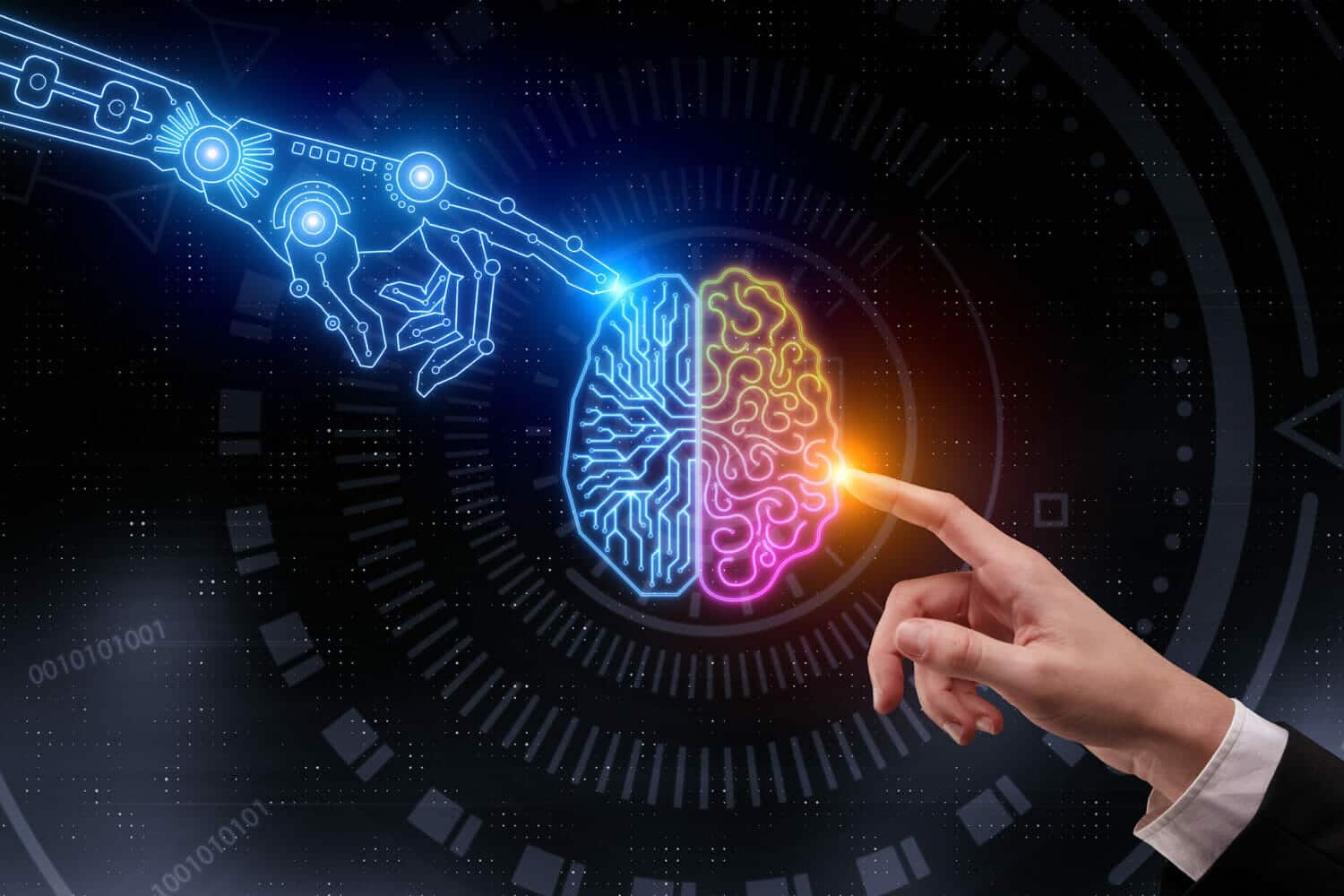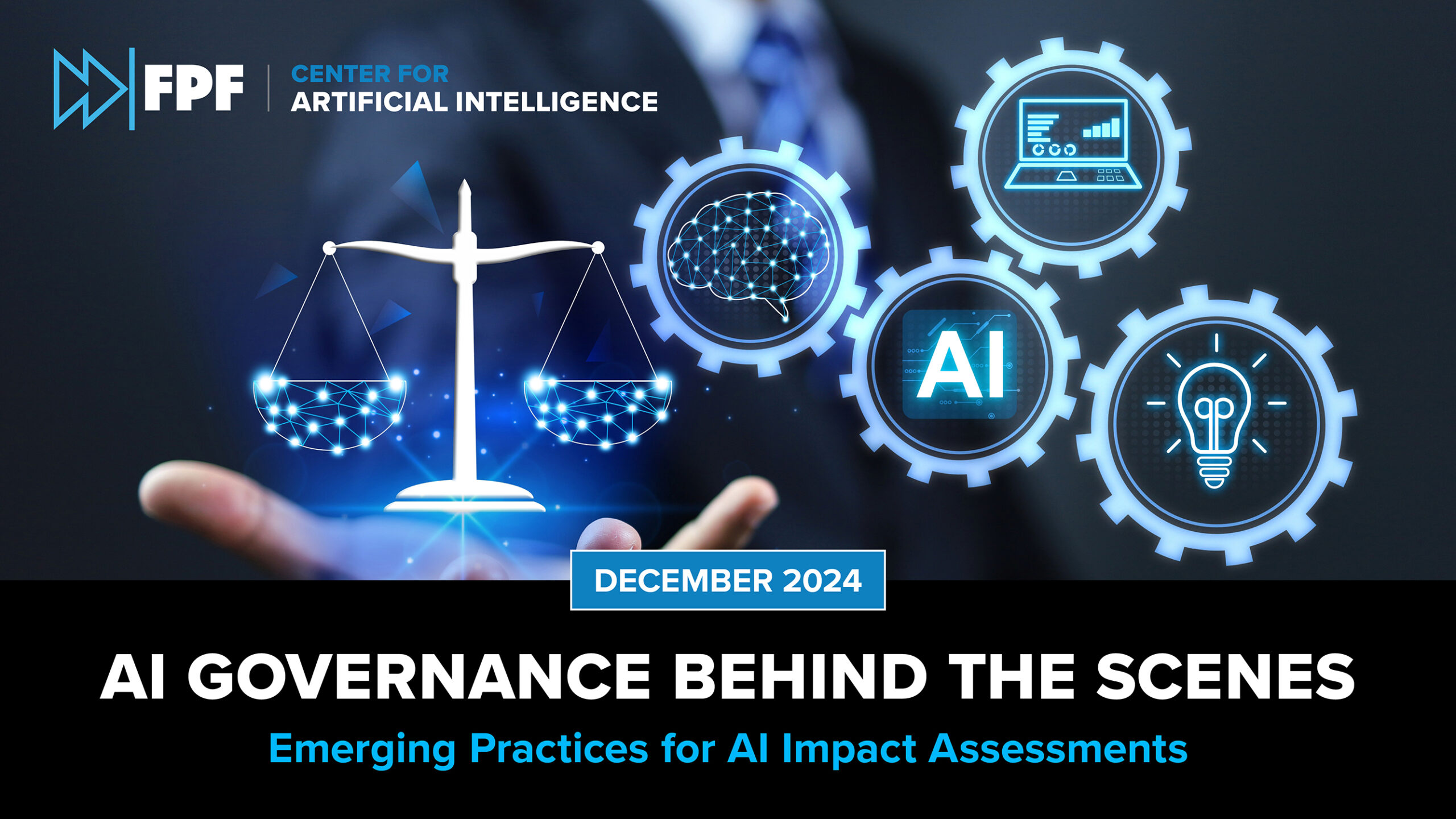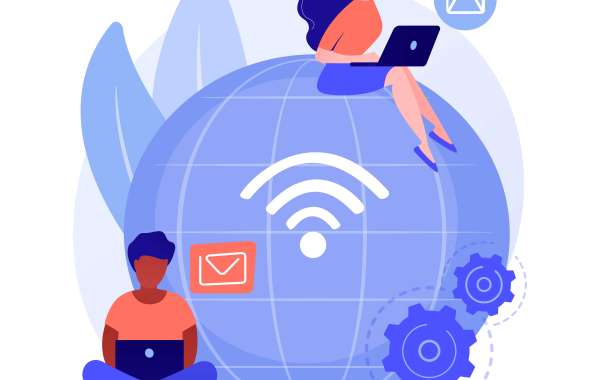
Expert System (AI) is reinventing education while making discovering more available but likewise stimulating arguments on its effect.
While trainees hail AI tools like ChatGPT for boosting their learning experience, speakers are raising concerns about the growing dependence on AI, which they argue fosters laziness and undermines academic integrity, particularly with lots of trainees unable to protect their tasks or given works.
Prof. Isaac Nwaogwugwu, a lecturer at the University of Lagos, in an interview with Nairametrics, revealed aggravation over the growing dependence on AI-generated responses among trainees recounting a recent experience he had.
RelatedStories
Avoid sharing individual details that can identify you with AI tools- Expert warns

Chinese AI app DeepSeek stimulates international tech selloff, difficulties U.S. AI supremacy
"I offered a project to my MBA students, and out of over 100 trainees, about 40% sent the exact very same answers. These students did not even understand each other, but they all used the same AI tool to create their responses," he said.
He kept in mind that this pattern is widespread amongst both undergraduate and postgraduate students but is specifically concerning in part-time and range knowing programs.
"AI is a severe challenge when it comes to assignments. Many trainees no longer think critically-they simply browse the web, create responses, and submit," he added.
Surprisingly, some speakers are likewise implicated of over-relying on AI, setting a cycle where both teachers and students turn to AI for benefit rather than intellectual rigor.
This argument raises crucial questions about the role of AI in academic integrity and trainee development.
According to a UNESCO report, while ChatGPT reached 100 million monthly active users in January 2023, only one country had actually launched policies on generative AI as of July 2023.
As of December 2024, ChatGPT had more than 300 million individuals using the AI chatbot every week and 1 billion messages sent out every day around the globe.
Decline of academic rigor
University speakers are increasingly worried about students sending AI-generated assignments without truly comprehending the content.
Dr. Felix Echekoba, a speaker at Nnamdi Azikiwe University, expressed his concerns to Nairametrics about students significantly relying on ChatGPT, only to fight with addressing fundamental concerns when tested.
"Many trainees copy from ChatGPT and send refined assignments, however when asked basic questions, they go blank. It's frustrating due to the fact that education has to do with finding out, not just passing courses," he stated.
- Prof. Nwaogwugwu explained that the increasing variety of first-class graduates can not be completely credited to AI however confessed that even high-performing trainees use these tools.
"A first-rate trainee is a first-rate trainee, AI or not, but that does not suggest they don't cheat. The benefits of AI may be peripheral, but it is making students reliant and less analytical," he said.
- Another speaker, coastalplainplants.org Dr. Ereke, from Ebonyi State University, raised a various issue that some speakers themselves are guilty of the very same practice.
"It's not simply trainees using AI slackly. Some lecturers, out of their own laziness, produce lesson notes, course outlines, marking plans, and even examination questions with AI without examining them. Students in turn utilize AI to produce responses. It's a cycle of laziness and it is killing real knowing," he lamented.
Students' point of views on usage

Students, on the other hand, say AI has improved their learning experience by making academic products more reasonable and available.
- Eniola Arowosafe, videochatforum.ro a 300-level Business Administration student at Unilag, shared how AI has actually considerably helped her knowing by breaking down complex terms and supplying summaries of prolonged texts.
"AI assisted me comprehend things more quickly, especially when dealing with intricate subjects," she discussed.
However, she recalled a circumstances when she utilized AI to submit her task, only for her lecturer to instantly acknowledge that it was created by ChatGPT and reject it. Eniola noted that it was a good-bad impact.
- Bryan Okwuba, who just recently finished with a top-notch degree in Pharmacy Technology from the University of Lagos, securely thinks that his academic success wasn't due to any AI tool. He associates his impressive grades to actively interesting by asking concerns and concentrating on areas that speakers highlight in class, as they are often reflected in exam concerns.
"It's all about being present, focusing, and taking advantage of the wealth of knowledge shared by my associates," he stated,
- Tunde Awoshita, a final-year marketing student at UNIZIK, confesses to sometimes copying straight from ChatGPT when facing several deadlines.
"To be honest, there are times I copy directly from ChatGPT when I have numerous deadlines, and I know I'm guilty of that, the majority of times the speakers do not get to review them, however AI has also assisted me discover quicker."

Balancing AI's function in education

Experts believe the option depends on AI literacy; mentor trainees and lecturers how to use AI as a knowing aid rather than a shortcut.
- Minister of Education, Dr. Tunji Alausa, highlighted the integration of AI into Nigeria's education system, stressing the importance of a balanced technique that maintains human participation while harnessing AI to enhance finding out results.
"As we navigate the rapidly progressing landscape of Expert system (AI), it is vital that we prioritise human agency in education. We need to make sure that AI improves, rather than changes, educators' vital role in shaping young minds," he said
Dorcas Akintade, a cybersecurity improvement professional, dealt with growing issues concerning making use of expert system (AI) tools such as ChatGPT and their possible dangers to the instructional system.
- She acknowledged the benefits of AI, however, emphasized the requirement for caution in its use.
- Akintade highlighted the increasing resistance among teachers and schools towards integrating AI tools in discovering environments. She recognized 2 main factors why AI tools are dissuaded in academic settings: security dangers and plagiarism. She described that AI tools like ChatGPT are trained to react based upon user interactions, which might not align with the expectations of educators.
"It is not taking a look at it as a tutor," Akintade stated, explaining that AI does not accommodate particular mentor approaches.
Plagiarism is another concern, as AI pulls from existing information, typically without correct attribution
"A great deal of people need to comprehend, like I said, this is information that has been trained on. It is not simply bringing things out from the sky. It's bringing info that some other people are fed into it, which in essence means that is another individual's paperwork," she warned.
- Additionally, Akintade highlighted an early concern in AI advancement called "hallucination," where AI tools would create details that was not factual.
"Hallucination implied that it was drawing out details from the air. If ChatGPT might not get that info from you, it was going to make one up," she discussed.
She recommended "grounding" AI by supplying it with particular information to prevent such mistakes.
Navigating AI in Education
Akintade argued that banning AI tools outright is not the option, especially when AI provides an opportunity to leapfrog conventional educational techniques.
- She believes that consistently reinforcing crucial information helps individuals keep in mind and prevent making mistakes when faced with difficulties.
"Immersion brings conversion. When you inform individuals the exact same thing over and over again, when they are about to make the mistakes, then they'll remember."
She also empasized the need for clear policies and treatments within schools, keeping in mind that lots of schools ought to resolve the people and procedure elements of this use.
- Prof. Nwaogwugwu has actually turned to in-class assignments and tests to counter AI-driven scholastic dishonesty.
"Now, I generally use assignments to ensure students supply initial work." However, he acknowledged that managing big classes makes this method tough.
"If you set complex questions, students won't be able to utilize AI to get direct answers," he described.
He highlighted the requirement for universities to train lecturers on crafting exam concerns that AI can not quickly resolve while acknowledging that some speakers struggle to counter AI misuse due to an absence of technological awareness. "Some speakers are analogue," he said.
- Nigeria launched a draft National AI Strategy in August 2024, focusing on ethical AI development with fairness, transparency, accountability, and privacy at its core.
- UNESCO in a report requires the regulation of AI in education, recommending organizations to audit algorithms, information, and outputs of generative AI tools to guarantee they meet ethical standards, protect user data, orcz.com and filter improper content.
- It worries the need to examine the long-lasting effect of AI on crucial skills like believing and creativity while creating policies that line up with ethical frameworks. Additionally, UNESCO advises carrying out age limitations for GenAI use to secure more youthful students and secure susceptible groups.
- For federal governments, it recommended embracing a coordinated nationwide technique to regulating GenAI, including establishing oversight bodies and lining up guidelines with existing information security and personal privacy laws. It emphasizes examining AI threats, enforcing more stringent guidelines for high-risk applications, and guaranteeing national information ownership.






